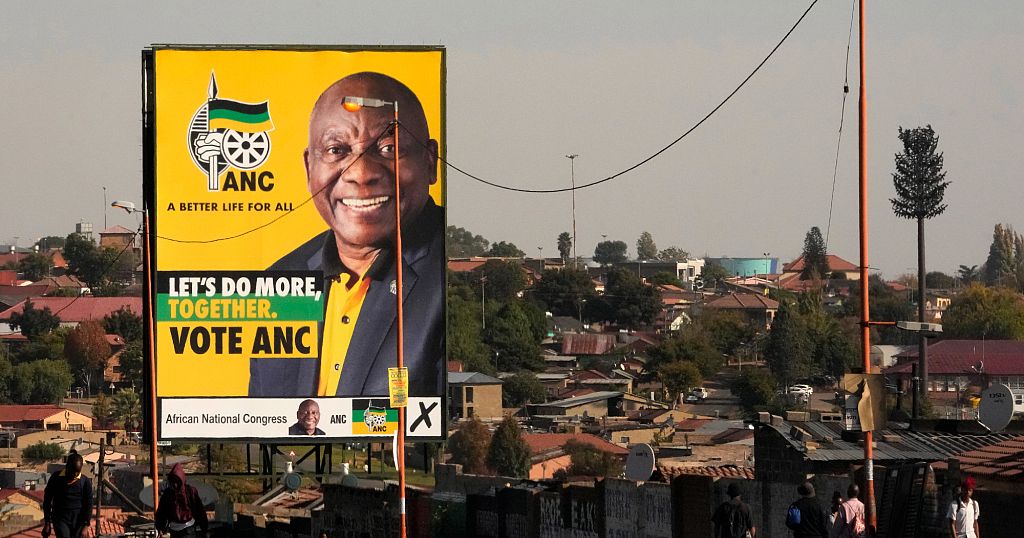South Africa has embarked on a nationwide consultation process aimed at tackling systemic challenges such as chronic poverty, stark inequality, corruption, and an unemployment rate exceeding 30%. President Cyril Ramaphosa heralded the initiative as a “soul-searching” endeavor during a two-day convention in Pretoria, which brought together civic organizations, political leaders, and citizens. The dialogue marks a pivotal moment for the ruling African National Congress (ANC), which lost its parliamentary majority for the first time in three decades during May’s elections, forcing it into a coalition government.
The consultative process will be steered by an Eminent Persons Group featuring high-profile figures like rugby World Cup-winning captain Siya Kolisi, veteran actor John Kani, and retired Constitutional Court judge Edwin Cameron. Ramaphosa emphasized the inclusivity of the initiative, stating it would be “led by the people, not politicians,” with outcomes intended to shape policy reforms. The effort will unfold in stages across South Africa’s nine provinces, with a follow-up convention expected in early 2025.
Despite its ambitions, the project has faced setbacks and skepticism. The Democratic Alliance (DA), the largest opposition party, withdrew over disagreements about the dialogue’s structure, labeling it a “theatrical exercise” and criticizing its estimated $40 million price tag. The uMkhonto weSizwe (MK) Party, led by former president Jacob Zuma, also declined to participate. Critics argue the ANC is leveraging the platform to rehabilitate its image ahead of municipal elections, with detractors pointing to the party’s recent electoral decline as a catalyst for the sudden outreach.
Several civil society organizations and foundations initially supporting the dialogue opted out of the opening event, citing inadequate logistical planning and concerns about the process’s transparency. Analysts note the initiative’s success hinges on bridging deep political divides and addressing public fatigue with corruption scandals that have plagued the ANC. Over a third of South Africa’s workforce remains unemployed, with youth joblessness nearing 60%, compounding pressures on the government to deliver tangible solutions.
The dialogue’s provincial phase will test its ability to incorporate grassroots perspectives, particularly in rural areas where service delivery failures and economic marginalization are acute. While Ramaphosa framed the consultations as a “new chapter” for national unity, observers caution that restoring public trust will require measurable progress. As the coalition government navigates competing priorities, the stakes of this initiative extend beyond policy—it may determine whether South Africa’s post-apartheid political landscape can evolve to meet its escalating challenges.
